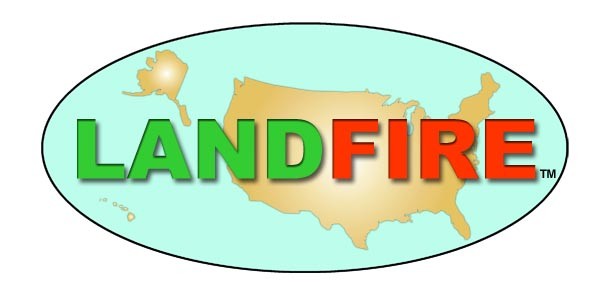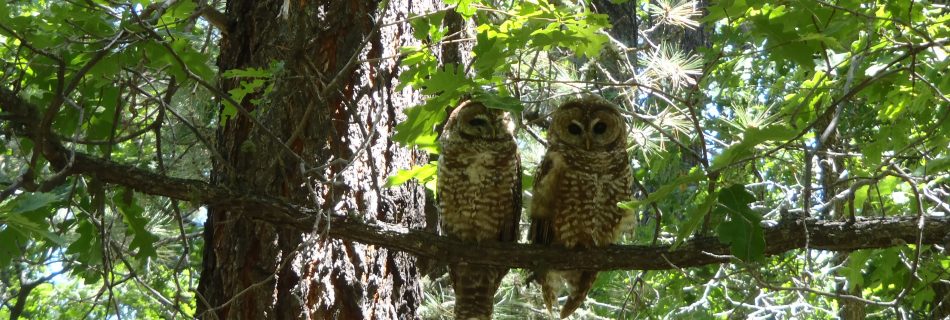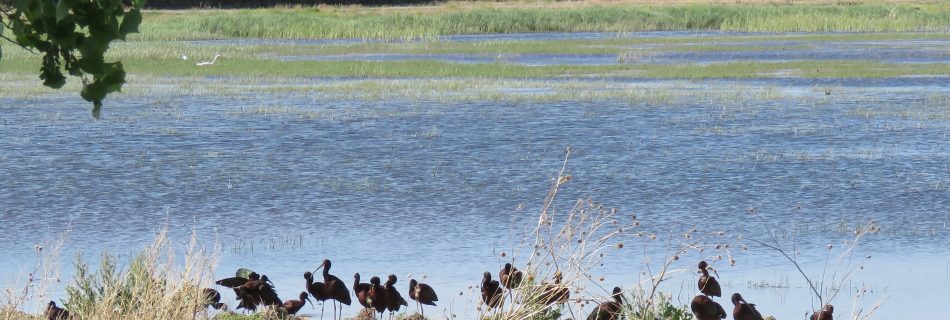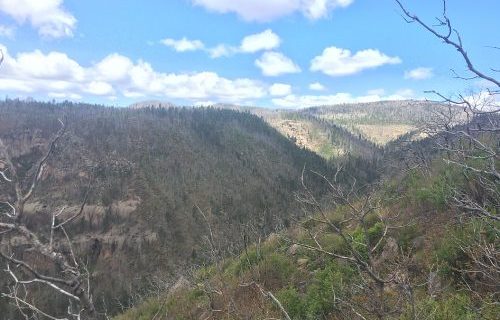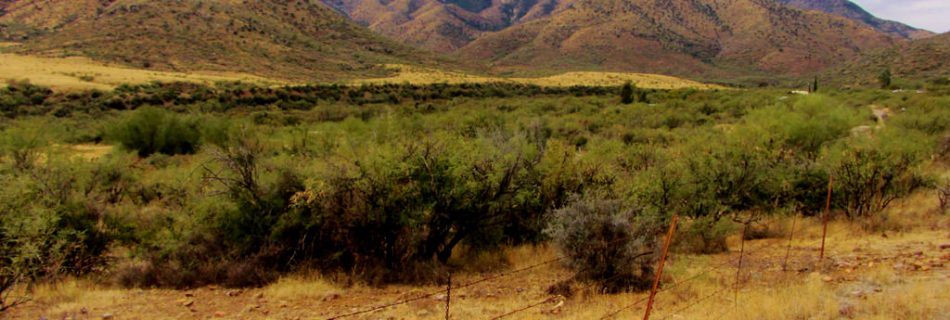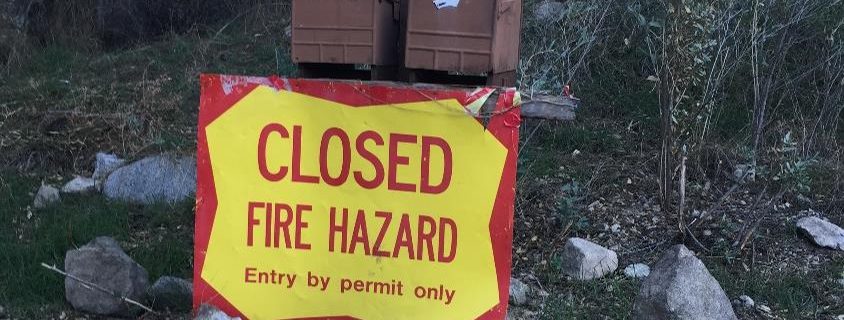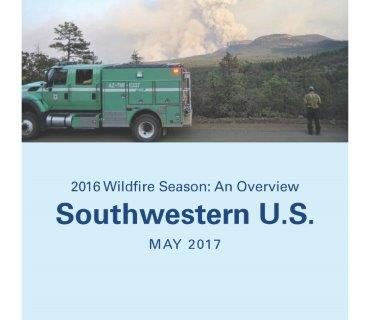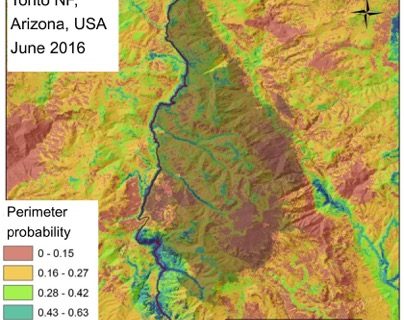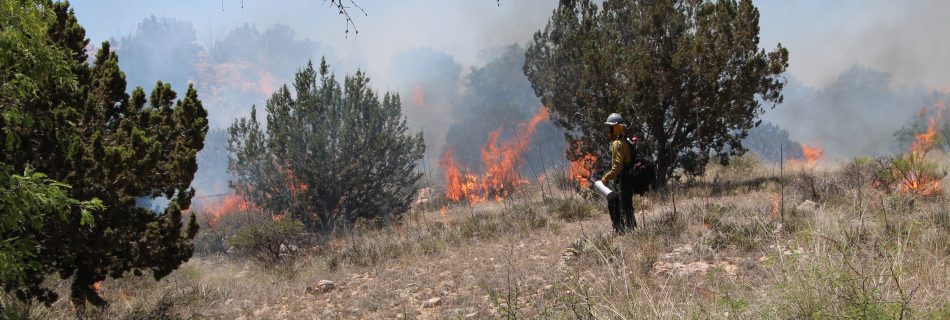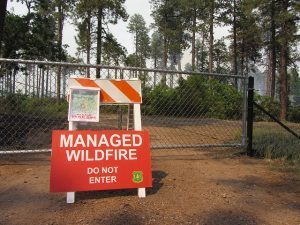October 3, 2017: Modeling Dynamic Fuels with an Index System: MoD-FIS in the Great Basin & Southwestern U.S.
Webinar presenters: Charley Martin, LANDFIRE Fuels Team Lead, and Tobin Smail, Fire & Fuels GIS specialist, both Technical Support Services Contractors to the USGS Earth Resources Observation and Science (EROS) Center Date: October 3, 2017 11:30am AZ/12:30pm MDT This webinar is co-hosted by LANDFIRE and members of the Joint Fire Science Program: Great Basin Fire Science, Southwest …

